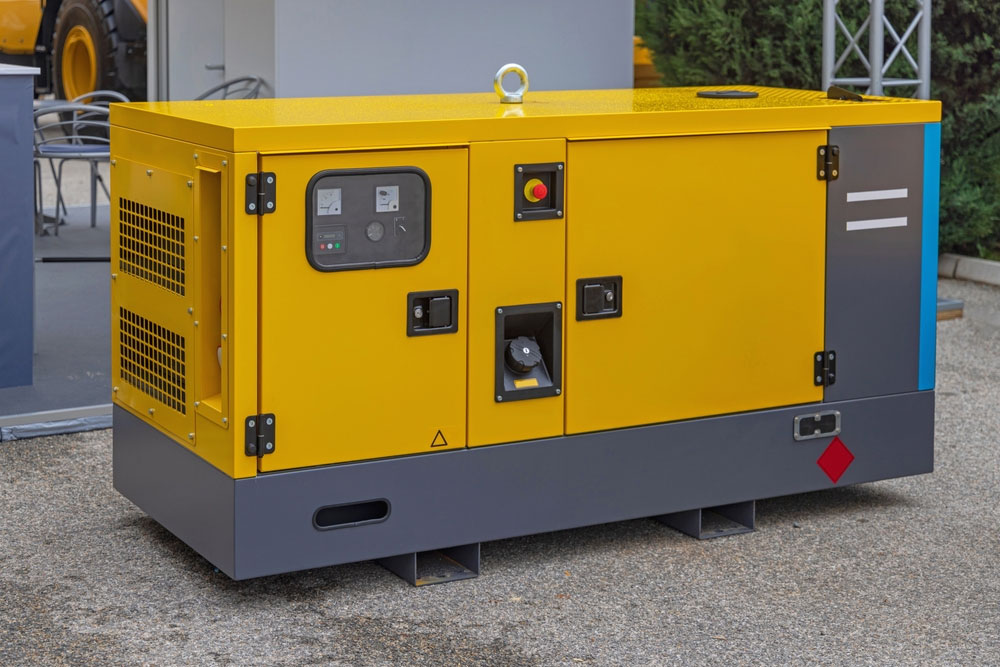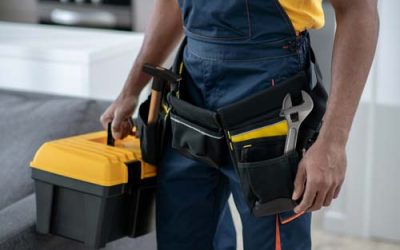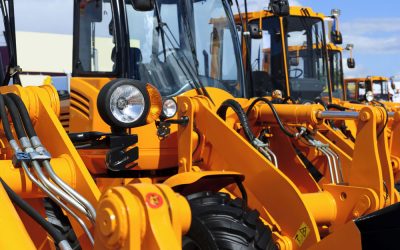Generators are essential equipment used to generate electrical power when there is a lack of or an unreliable power supply. Proper servicing and maintenance of generators are crucial to ensure their reliable and efficient operation. Regular maintenance helps prevent breakdowns, extends the lifespan of the generator, and ensures that it can function optimally when needed.
Here are some important aspects of generator servicing and maintenance:
1. Scheduled Maintenance
Generators should undergo routine maintenance as per the manufacturer’s recommendations or guidelines. This typically includes regular inspections, oil and filter changes, fuel system checks, and cooling system maintenance.
2. Load Testing
Periodically, the generator should be load-tested to verify that it can handle the intended electrical load without any issues. Load testing helps identify potential problems and ensures the generator’s capacity matches the load requirements.
3. Fuel System Maintenance
The fuel system should be regularly inspected and cleaned to prevent fuel contamination, which can lead to engine problems. Fuel filters and injectors should be checked and replaced as needed.
4. Battery Inspection and Replacement
The generator’s battery should be inspected regularly for signs of corrosion or damage. Weak batteries should be replaced promptly to ensure reliable starting.
5. Cooling System Maintenance
The cooling system, including the radiator and coolant levels, should be checked and maintained to prevent overheating issues.
6. Lubrication
Adequate lubrication of engine components is vital for smooth operation. Regular oil changes and lubrication of moving parts are essential for the generator’s longevity.
7. Electrical System Inspection
The electrical components and connections should be inspected to identify any loose connections or faulty parts.
8. Exhaust System
The exhaust system should be regularly inspected for leaks and proper ventilation to avoid carbon monoxide buildup.
9. Monitoring Systems
Modern generators often come equipped with monitoring systems that provide real-time data about the generator’s performance. Regularly checking these systems helps detect potential issues early on.
10. Service by Professionals
Generator servicing and maintenance are best performed by qualified technicians or professionals experienced in working with generators. They have the expertise to identify and address potential problems effectively.
11. Emergency Repairs
In case of a breakdown or malfunction, it’s important to have access to emergency repair services to get the generator up and running quickly.
Conclusion
Regular servicing and maintenance are crucial for the proper functioning and longevity of generators. Whether you own a generator for residential, commercial, or industrial use, following a maintenance schedule and seeking professional servicing when required will help ensure that the generator is ready to provide power when needed most.






